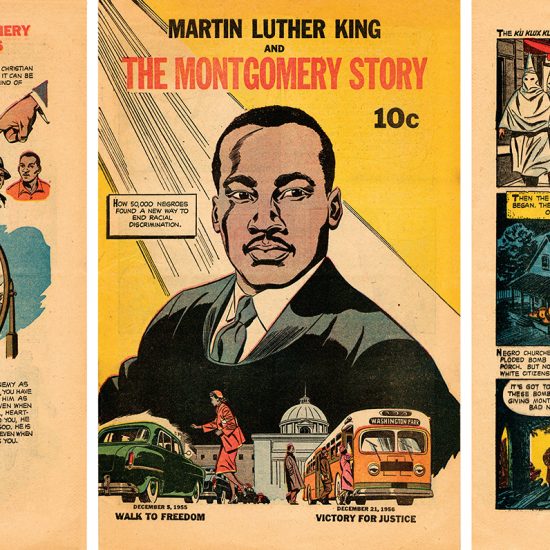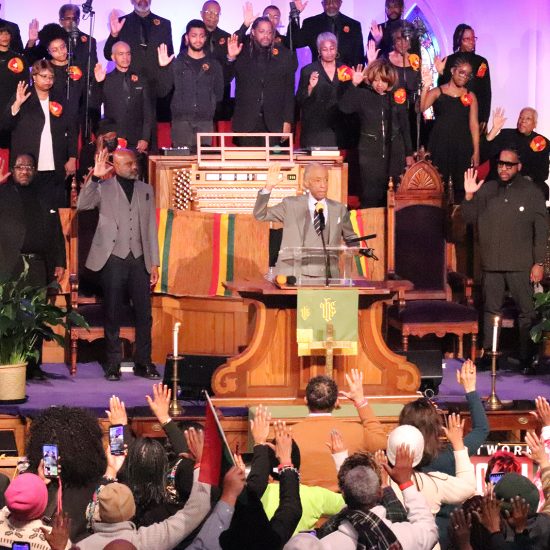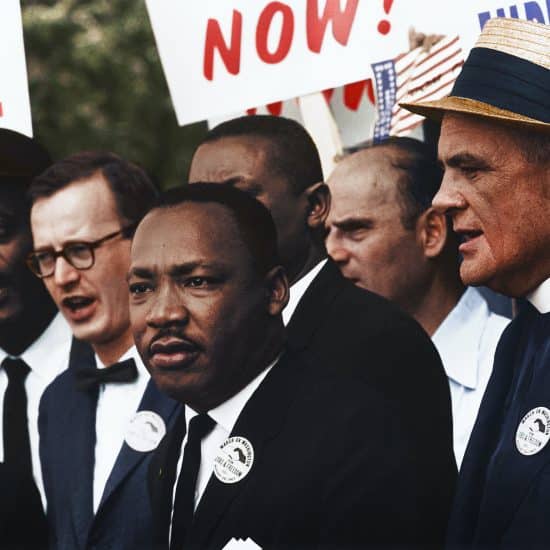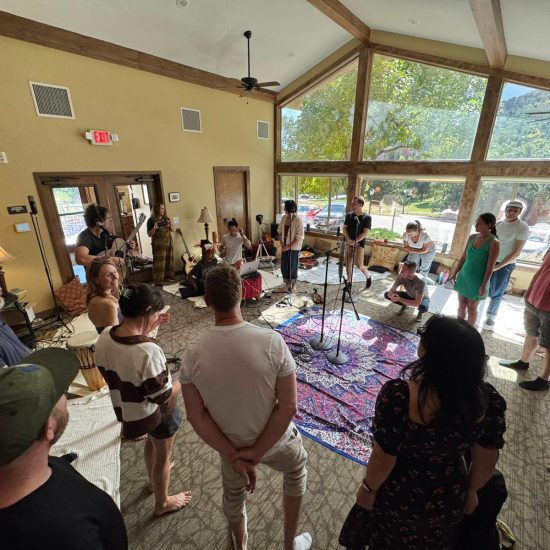A recent CNN piece explored how contemporary Christian music largely ignores contemporary moral concerns. The music almost exists in a vacuum with lyrics fitting in as easily in the 1990s as today even as society changes and new moral issues swirl around us. But one line in the piece particularly caught my eye — and not in a good way.

Brian Kaylor
“I would never oppose a president because I believe in what scripture says about giving honor to authority,” explained Christian music star Tauren Wells. “I believe that an attack on authority anywhere is an attack on authority everywhere.”
That last line is an odd flip on the more famous line by Baptist preacher Martin Luther King Jr. in his “Letter from a Birmingham Jail” that he wrote in 1963: “Injustice anywhere is a threat to justice everywhere. We are caught in an inescapable network of mutuality, tied in a single garment of destiny. Whatever affects one directly, affects all indirectly.”
So, which ‘anywhere-everywhere’ philosophy will we adopt? Are we more concerned about justice or authority? Because we can’t adopt both the ideal of Wells and that of King. And if we read the Bible, we’ll clearly see King sings the song of the scriptures:
- Moses challenged the authority of Pharaoh because of the injustices of Pharaoh.
- Nathan challenged the authority of King David because of the injustices of David.
- Elijah challenged the authority of King Ahab because of the injustices of Ahab.
- John the baptizer challenged the authority of Herod the Tetrarch because of the injustices of Herod.
- Jesus challenged the authority of Governor Pilate because of the injustices of Pilate.
And we could add dozens of more examples.
Blind submission to authority leaves us blind to injustice. More than that, if we refuse to challenge unjust authority, then we are complicit in the injustice. Not speaking is to speak in ways condoning the status quo. Not acting is to act in favor of present injustices. That understanding is what drove King to Birmingham in 1963.

Image by scholacantorum from Pixabay
“Just as the prophets of the eighth century B.C. left their villages and carried their ‘thus saith the Lord’ far beyond the boundaries of their home towns, and just as the Apostle Paul left his village of Tarsus and carried the gospel of Jesus Christ to the far corners of the Greco Roman world, so am I compelled to carry the gospel of freedom beyond my own home town,” King wrote in his jailhouse letter.
King went further in his critique of whites who refused to speak up against unjust racist authorities. He wondered what kind of faith they even taught in their churches.
“On sweltering summer days and crisp autumn mornings I have looked at the South’s beautiful churches with their lofty spires pointing heavenward. I have beheld the impressive outlines of her massive religious education buildings,” he wrote. “Over and over I have found myself asking: ‘What kind of people worship here? Who is their God? Where were their voices when the lips of Governor Barnett dripped with words of interposition and nullification? Where were they when Governor Wallace gave a clarion call for defiance and hatred? Where were their voices of support when bruised and weary Negro men and women decided to rise from the dark dungeons of complacency to the bright hills of creative protest?’”
With that, King echoed the words of another prophet who even blasted those singing worship songs while turning a deaf ear to injustice.
“Take away from me the noise of your songs, for I will not hear the melody of your stringed instruments,” Amos quotes God in chapter 5 of his book. “But let justice run down like water, And righteousness like a mighty stream.”
In times of injustice, prophets will rise from somewhere, speaking and singing what we need to hear. Let’s listen for those voices and ignore the comforting beats of the court prophets declaring ‘peace’ when there is no peace.
Brian Kaylor is editor and president of Word&Way.






